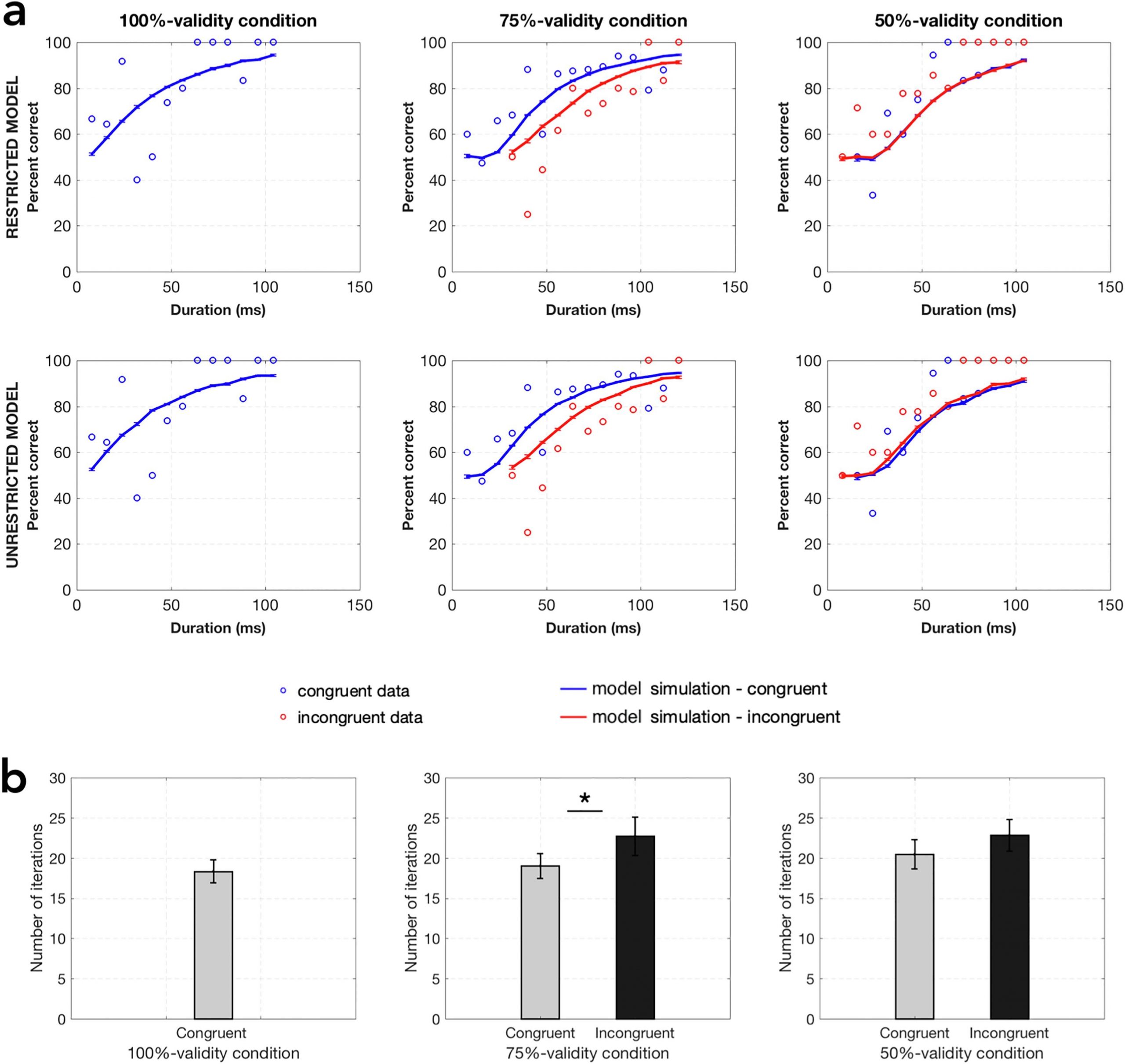Prior knowledge and expectations play a substantial role in recognition and decision-making processes by governing the interpretation of the sensory stimulus and allowing us to make fast and accurate decisions.
Whether and how early sensory processes are affected by expectations, however, has remained a controversial issue. Using a behavioral experiment and a recursive Bayesian model, Urgen & Boyaci (2021) investigated the effect of expectations on perceptual thresholds and unveiled the possible mechanisms that underlie the observed effects.
Specifically, they showed that unlike what is suggested for higher-level mechanisms, valid expectations do not facilitate perceptual processes, instead, unmet expectations delay them. Their modeling findings revealed that the mechanism that underlies this delay is the need for further processing required by the system to complete the sensory process. Urgen & Boyaci (2021) also discussed possible neural mechanisms that can explain their findings within the predictive processing framework.
Abstract
Expectations strongly affect and shape our perceptual decision-making processes. Specifically, valid expectations speed up perceptual decisions, and determine what we see in a noisy stimulus. Despite the well-established effects of expectations on decision-making, whether and how they affect low-level sensory processes remain elusive. To address this problem, we investigated the effect of expectation on temporal thresholds in an individuation task (detection of the position of an intact image, a house or face). We found that compared to a neutral baseline, thresholds increase when the intact images are of the unexpected category, but remain unchanged when they are of the expected category. Using a recursive Bayesian model with dynamic priors we show that delay in sensory processes is the result of further processing, consequently longer time, required in case of violated expectations. Expectations, however, do not alter internal parameters of the system. These results reveal that sensory processes are delayed when expectations are not met, and a simple parsimonious computational model can successfully explain this effect.
